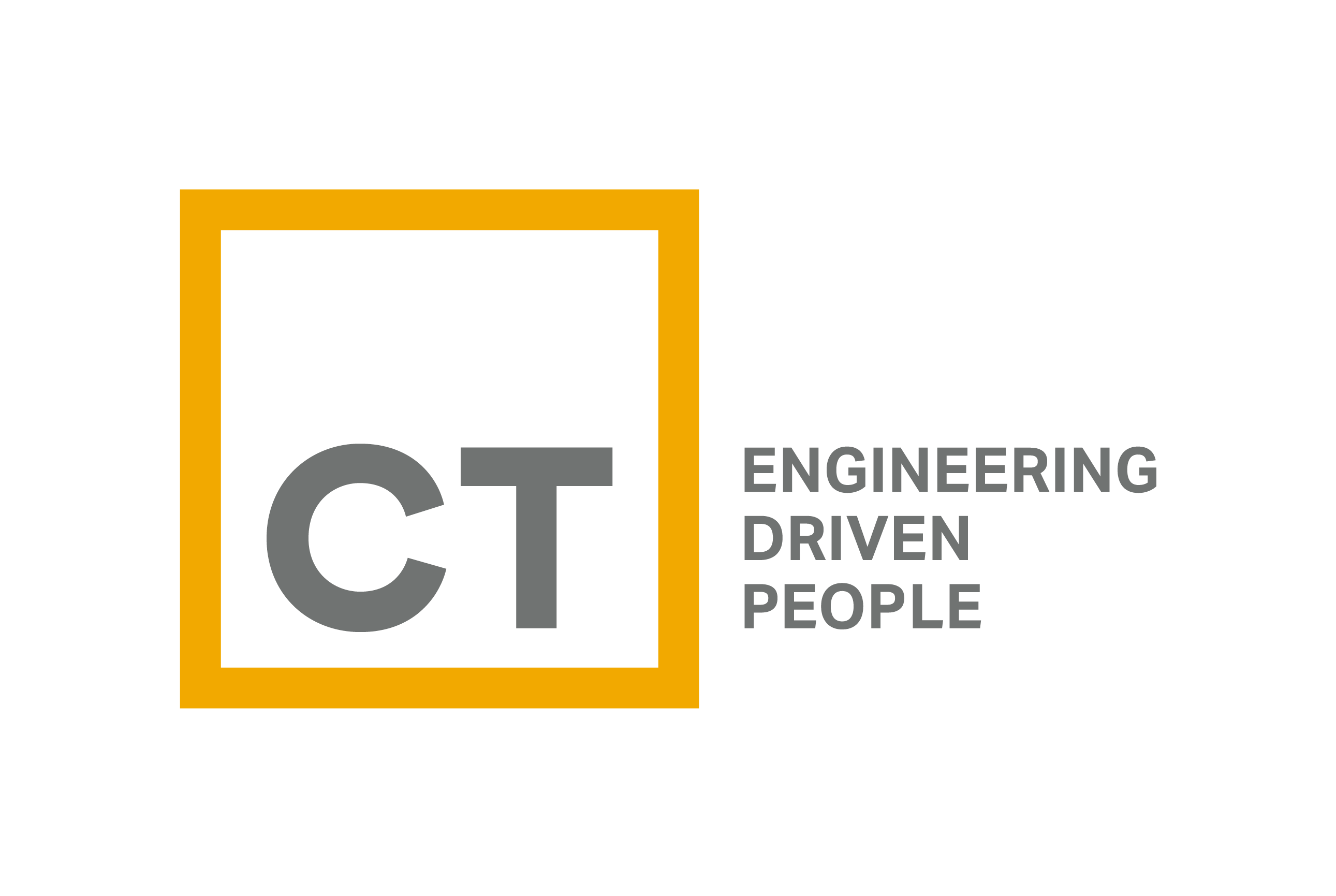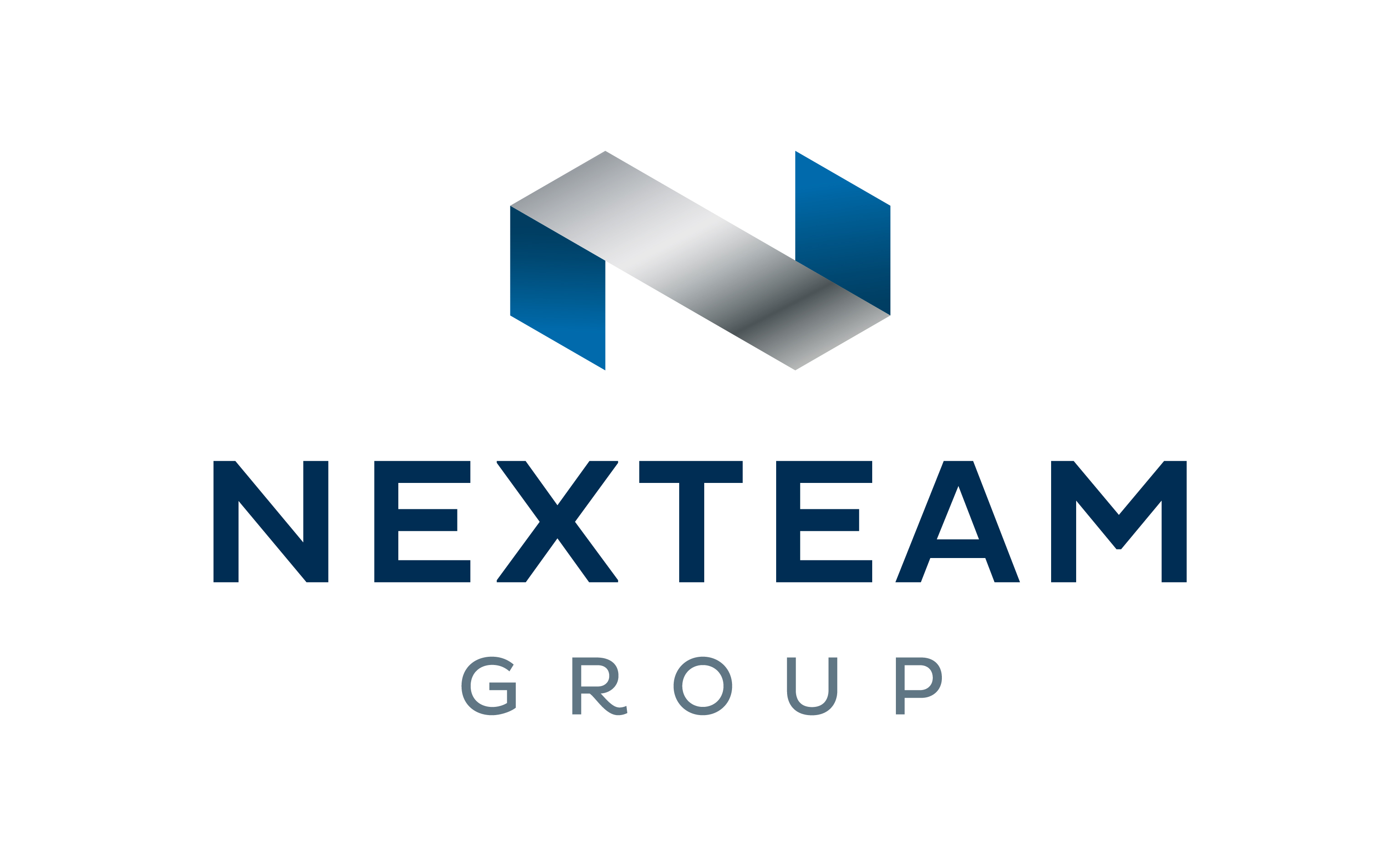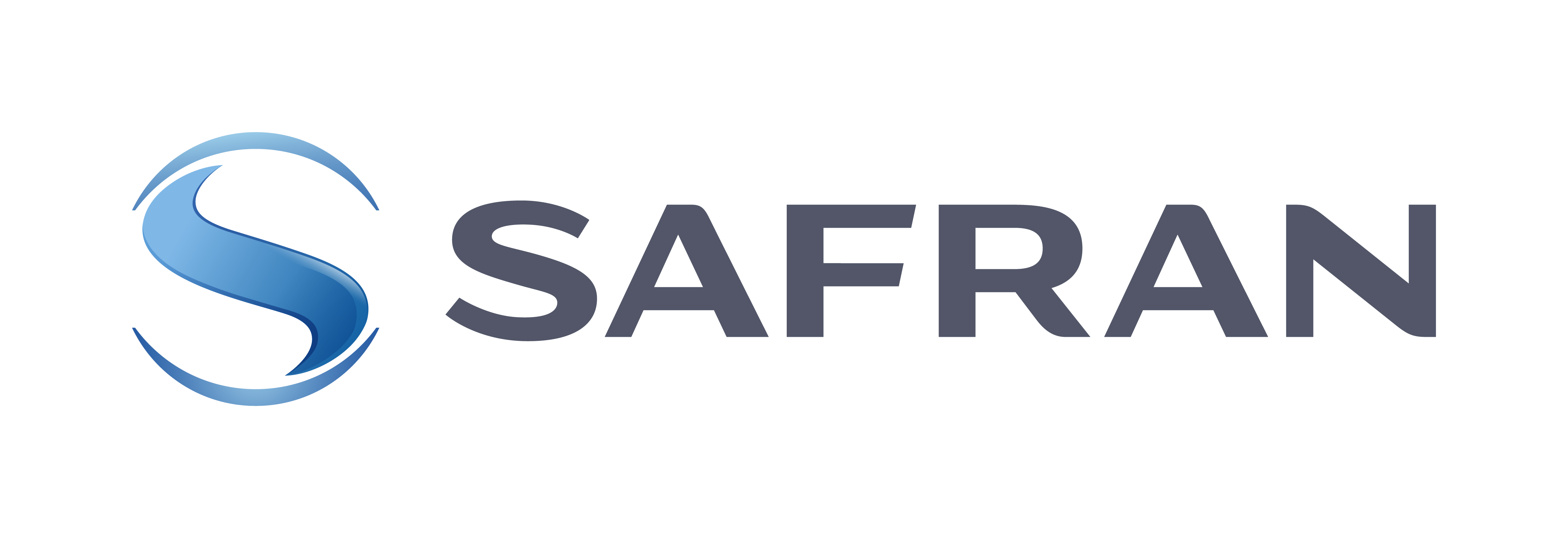CALL FOR PAPERS
Download the full announcement here
Original papers are solicited on the following critical areas of research and engineering.
Each paper will be selected through its abstract emphasizing the topic and interest of the presentation. All abstract submissions will be assessed by members of the Programme Committee.
Then, the selected contributors will be requested to submit online the full paper.
All accepted and presented communications will be published in the online proceedings.
We remind all submitters that papers and presentations should not resemble a company, service or production sales pitch. ERF2024 is a scientific Conference which promotes scientific research.
HOW TO SUBMIT AN ABSTRACT?
- You have to create your personal account in order to manage all your personal data and abstracts submission.
- Fill in all the sections requested for your abstract and also few lines of biography. You can add supporting documents.
- You can choose one of your co-authors as presenter instead of you, but she/he will be invited to create a personal account too.
- You can save your abstract as a draft before official submission, but don't forget to validate it before Friday, March 8, 2024 (included)
- To validate a draft abstract, you have to click on "Edit", review all the details already completed until the final Confirmation Stage and click on "Submit my abstract".
- Take a look at the full Call for Papers and feel free to contact erf2024@3af.fr anytime for assistance
- A submission by PDF file might be exceptionnally accepted. Please be sure to use this template and follow the steps indicated in your online account.
The International Committee invites prospective authors to submit abstracts of papers for presentation at the Forum.
As in previous years, the Forum sessions will cover typical aspects of rotorcraft and will be held simultaneously in various conference rooms.
List of topics to be adressed for the ERF2024 Conference
ADVICES TO AUTHORS
The main purpose of the abstract is to give the Programme Committee information to assist them in selecting the papers to be presented at ERF2024.
- The selected papers will be presented in a 30 minutes speech at the Conference (included 5 minutes for Q&A). Speakers are required to be present on site. No remote virtual presentation will be authorized
- An abstract will be rated based on these criteria: technical content, originality/creativity, relevance/importance/timeliness, and structure/clarity of the paper.
- We remind all submitters that papers and presentations should not resemble a company, service or production sales pitch. ERF2024 is a scientific Conference which promotes scientific research.
- The abstract should be a “stand alone” summary that can be used in the compilation of abstracts.
- The abstract should be in English and no longer than 1000 words. If submitted in pdf, the abstract should not exceed 4 pages.
- The abstract should summarize the main objectives of the paper to be presented and outline its conclusions.
- Work that has been presented elsewhere, and not updated, will be considered inappropriate.
- Notification by the Programme Committees will be accompanied by detailed instructions allowing authors to prepare and make the online submission of their full paper.
- Failure to comply with the deadlines and instructions required will entail not having the manuscript selected and included in the conference proceedings.
- You have to be registered through your personal account in order to manage all your personal data and abstracts submission.
- You can choose one of your co-authors as presenter instead of you, but she/he will be invited to create a personal account too.
- Take a look at the full Call for Papers and submit your abstract before Friday, March 8, 2024 (included).
COPYRIGHT STATEMENT
The authors confirm that they, and/or their company or organization, hold copyright on all of the original material included in this paper. The authors also confirm that they have obtained permission, from the copyright holder of any third party material included in this paper, to publish it as part of their paper. The authors confirm that they give permission, or have obtained permission from the copyright holder of this paper, for the publication and distribution of this paper as part of the ERF proceedings or as individual offprints from the proceedings and for inclusion in a freely accessible web-based repository.

 my account
my account








